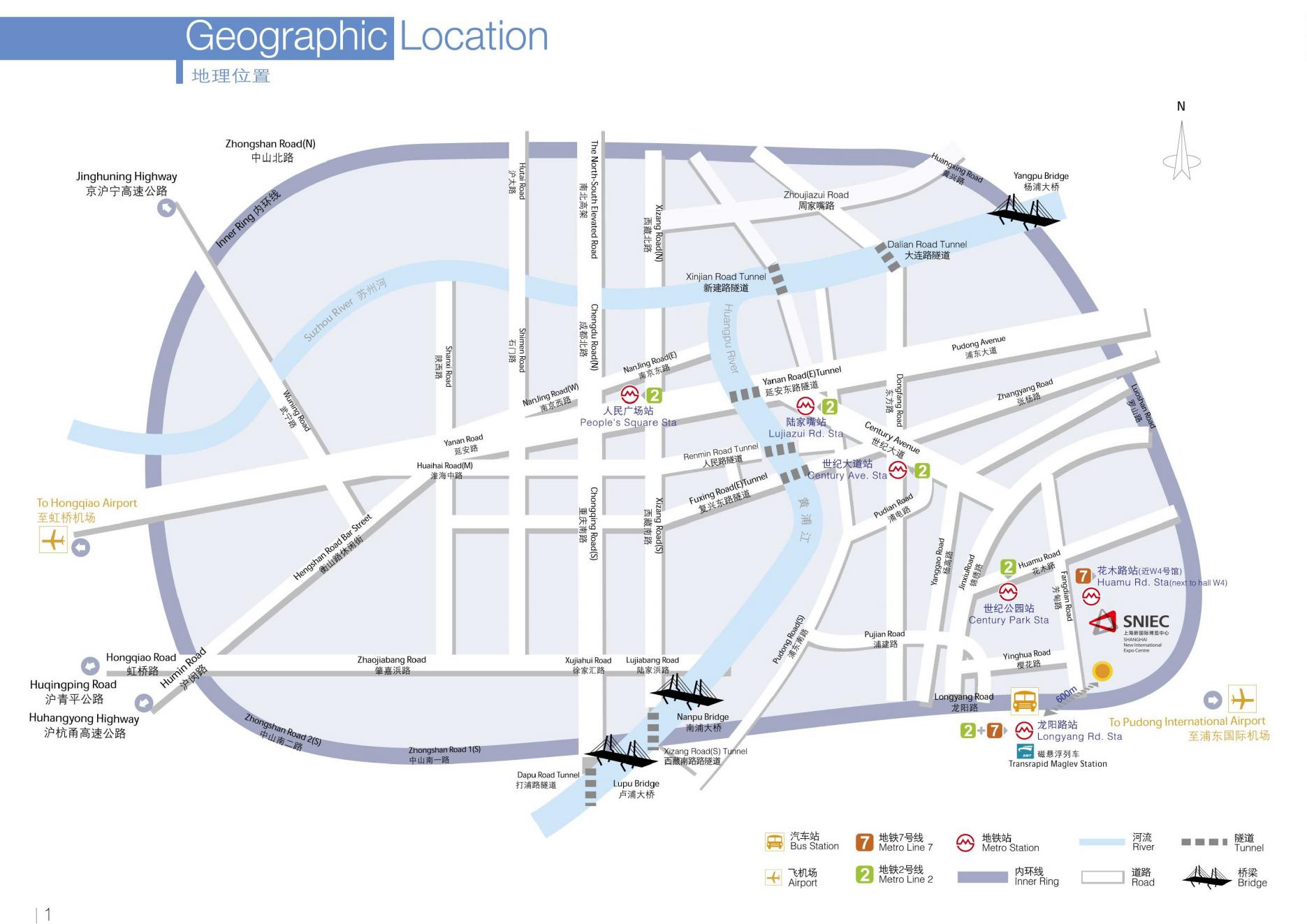As a successful representative of IP retail, Pop Mart has launched a large number of trendy toys with IP elements through cooperation with many well-known IPs, which are deeply loved by consumers. Its success lies not only in product innovation and design, but also in the precise selection and in-depth exploration of IPs. In 2023, Pop Mart achieved revenue of 6.3 billion yuan, a year-on-year increase of 36.5%; adjusted net profit of 1.19 billion yuan, a year-on-year increase of 107.6%, and 10 IPs with sales of over 100 million yuan, including classic IPs such as SKULLPANDA, MOLLY, DIMOO, and new IPs such as Hirono Ono.
In 2024, Pop Mart's performance continued to grow rapidly, which also stimulated its stock price to double several times, and it was far ahead in Hong Kong stocks.
On the other hand, MINISO is also working hard to enter this track. MINISO has cooperated with more than 150 world-renowned IPs such as Harry Potter, Disney, and Sanrio, and has incubated its own IPs such as PENPEN and DUN. Its IP co-branded product sales account for more than 30%, and its brand positioning has been successfully upgraded from the previous affordable grocery store to the "global IP co-branded collection store". In addition, MINISO is also actively expanding new retail formats such as MINISO LAND to further promote the development of IP retail business.
In the fierce market competition, continuous innovation and iteration are the key to maintaining competitiveness. Enterprises need to pay close attention to market trends and changes in consumer demand, and constantly adjust and optimize product design and marketing strategies. MINISO has won wide favor from consumers with its unique supply chain strategy and efficient product update speed. As a retail brand with "quality and creativity" as its core competitiveness, MINISO continues to bring freshness and surprises to consumers by launching 100 new SKUs every 7 days. However, behind such a high frequency of new products, how to accurately screen which products sell well and which need to adjust strategies has become a key issue. Therefore, MINISO recently announced a cooperation with Cinda IoT to introduce RFID technology to improve store precision marketing and operational efficiency.
RFID technology automatically identifies target objects and transmits data through radio waves, achieving efficient and accurate information collection and processing without human intervention. In the retail industry, RFID technology has become an important tool for improving operational efficiency and optimizing customer experience with its non-contact, long-distance, and fast reading characteristics. In particular, RFID technology plays an irreplaceable role in inventory management, product tracking, customer experience, and precision marketing.

RFID technology provides a unique identity for each product, making every link from production to sales traceable. MINISO can use RFID technology to track the flow of goods in the supply chain and understand the sales of goods in different stores and at different time periods. Through in-depth analysis of these data, MINISO can accurately determine which products are selling well and which products need to be improved or eliminated. This data-based decision-making method has greatly improved MINISO's product update speed and market responsiveness.
RFID technology can also collect customer shopping behavior data in real time, providing MINISO with valuable market insights. Through in-depth analysis of these data, MINISO can understand customer needs, preferences and shopping habits, and then formulate more accurate marketing strategies and product combination plans. For example, MINISO can use RFID technology to achieve personalized recommendations, and recommend new products or promotional products that meet the needs of customers based on their shopping history and preferences. This precision marketing method not only improves marketing effectiveness, but also enhances customers' shopping experience and loyalty. For example, the vice president of Decathlon China, the director of retail operations, said that by introducing RFID, Decathlon achieved a 5% sales increase.
It also promotes the intelligentization of MINISO's inventory management
For fast-moving consumer goods brands like MINISO, inventory management is crucial. Traditional retail inventory management relies on manual counting, which is inefficient and error-prone. RFID technology, by attaching RFID tags to goods, enables real-time monitoring and dynamic management of inventory. MINISO can use RFID technology to quickly and accurately grasp the inventory quantity, location and status, adjust inventory strategies in a timely manner, reduce inventory costs, and improve operational efficiency. At the same time, RFID technology can also help MINISO quickly identify slow-selling and hot-selling goods, provide data support for product strategy adjustments, and control inventory levels.
In conclusion
Thanks to the promotion of RFID to retailers in many aspects, more and more retail giants have begun to introduce RFID, and many companies have achieved good results. With the continuous maturity of RFID technology and the continuous expansion of application scenarios, MINISO can further explore the application potential of RFID technology in supply chain management, inventory management, product tracking, customer experience and precision marketing. For example, MINISO can use RFID technology to deploy a self-service checkout system like UNIQLO. Customers only need to put the selected goods into the self-service checkout machine, and the system can automatically identify the product information and calculate the total price, which greatly shortens the checkout time, improves the convenience of shopping, and saves labor costs.
In the future, more and more retailers will choose RFID, and the earlier they apply RFID, the sooner they will benefit and widen the gap with their peers.
This paper is from Ulink Media, Shenzhen, China, the organizer of IOTE EXPO (IoT Expo in China)







